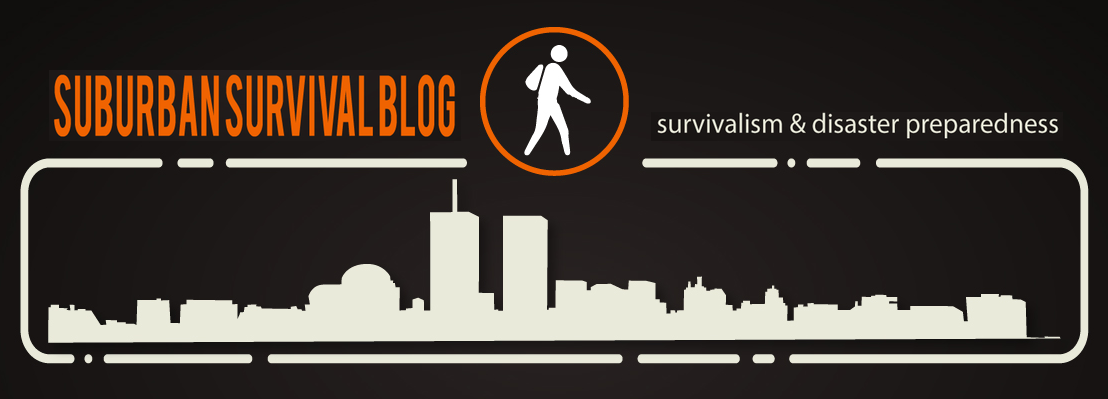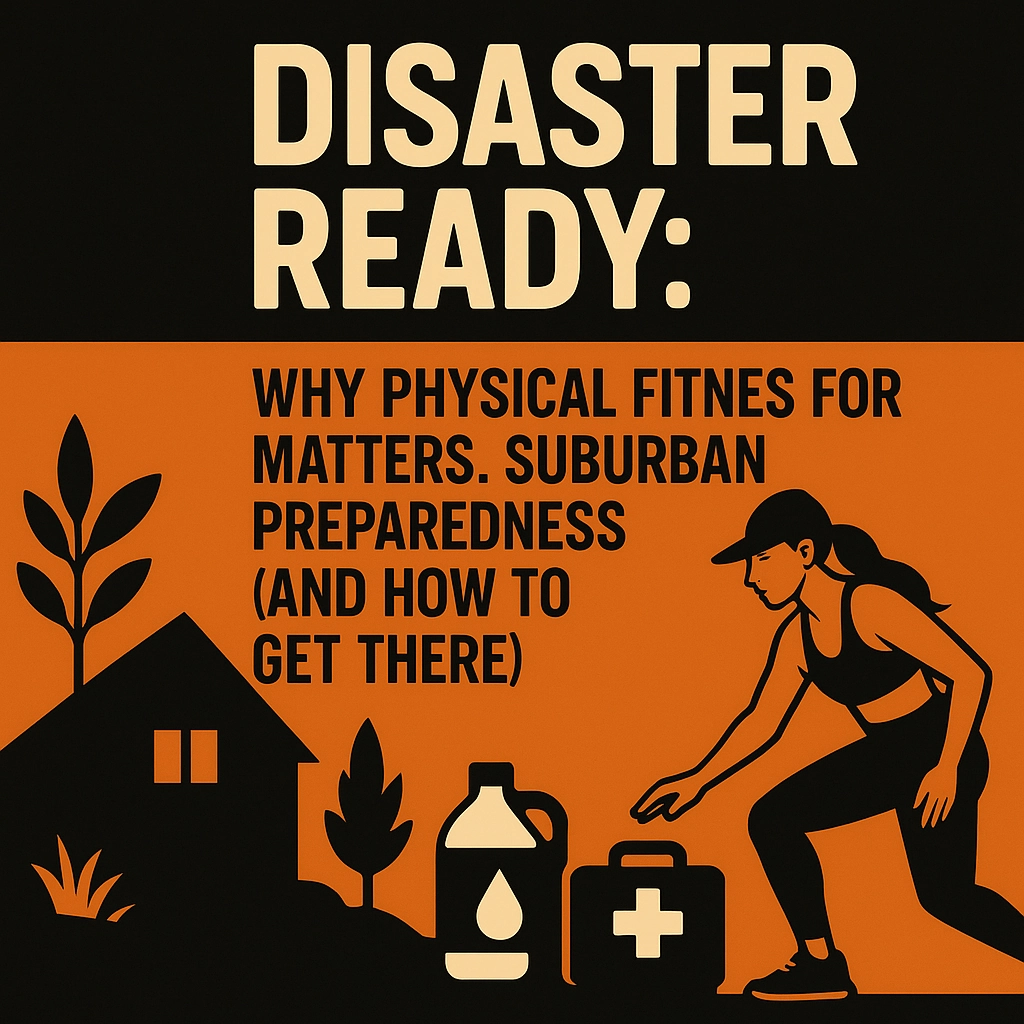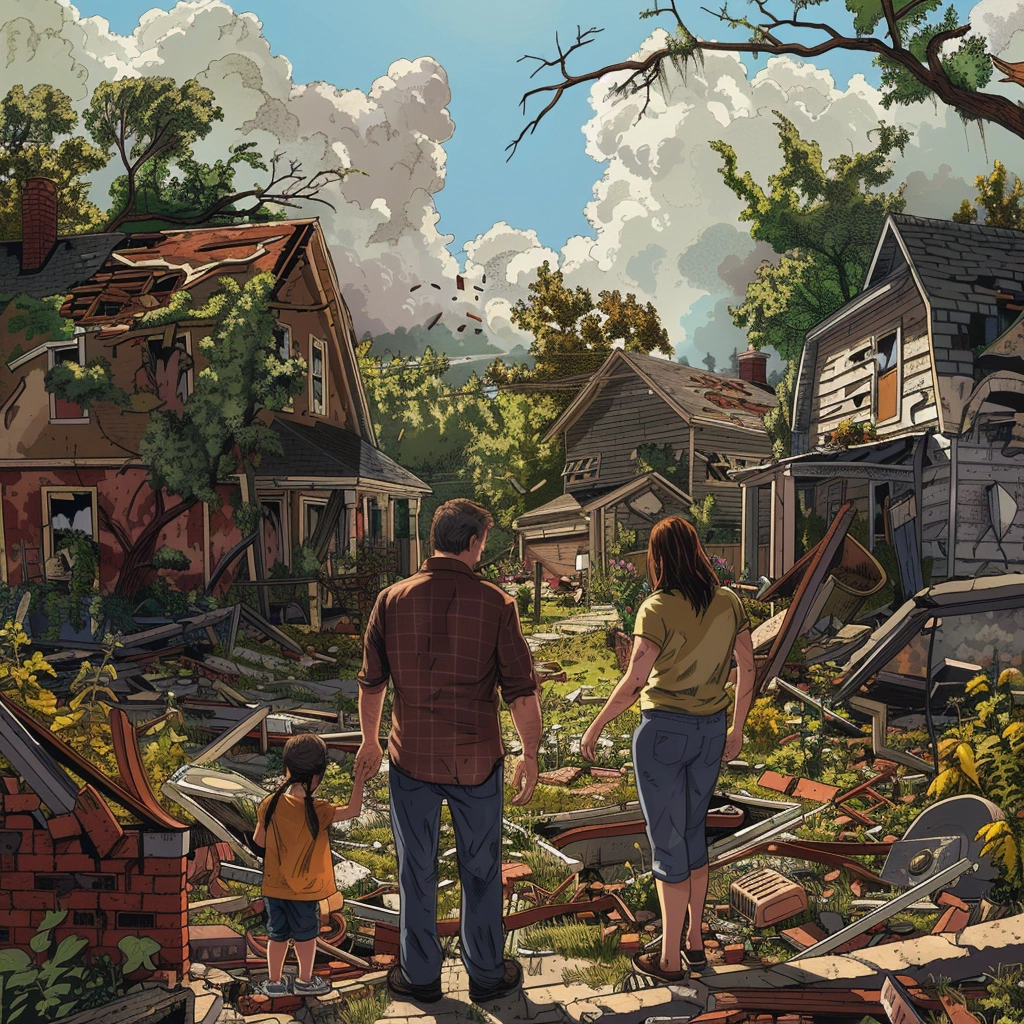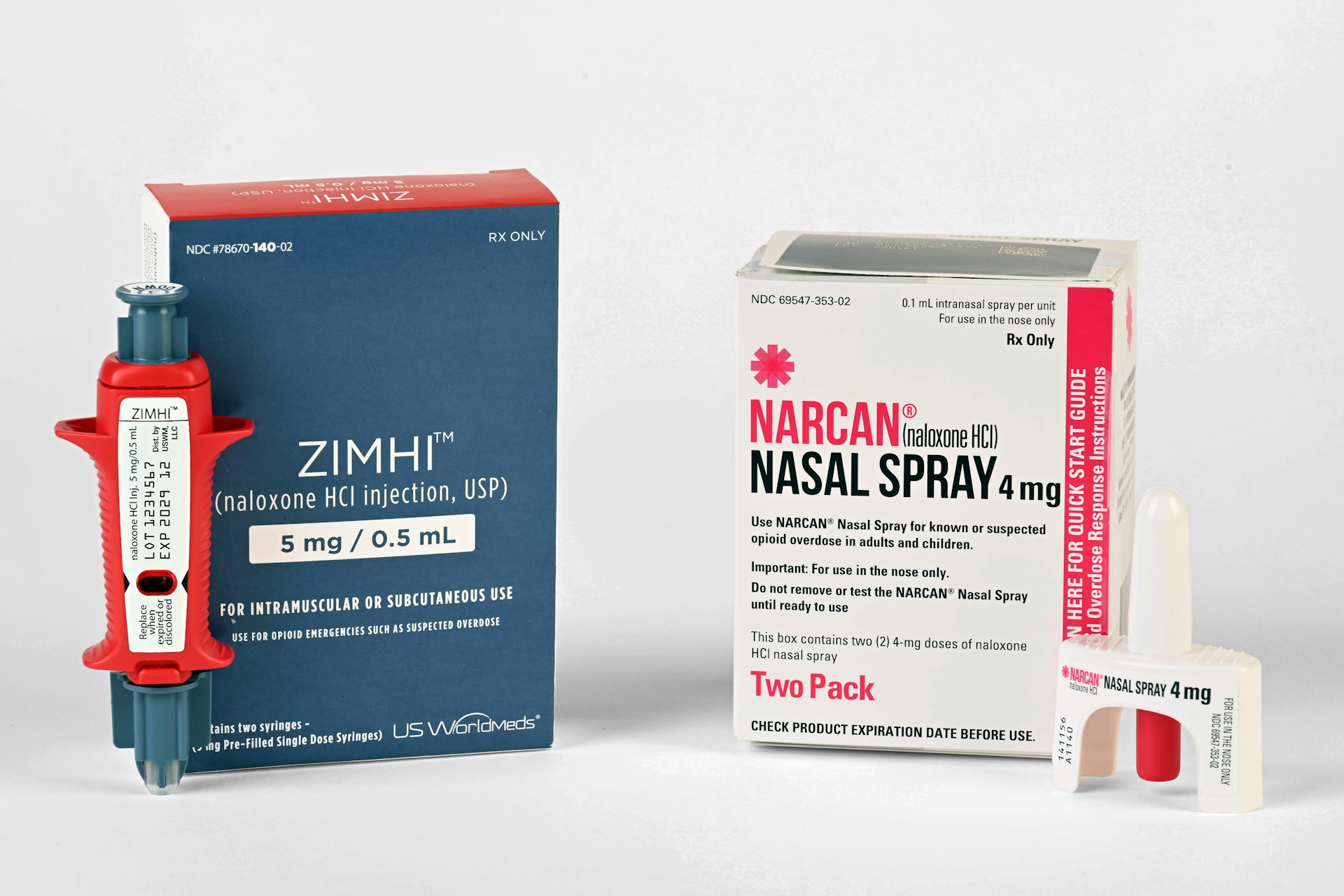It’s summer here in the Northeast, and it is getting hot quickly. Honestly, I love it. It’s June, and in the mid 80’s and as I was watching a movie this evening on TV, it hit me. What happens if the power goes out. And, what if it stays off for a day or two and I do not Bug Out. Hmmm… My water stops moving. That means, I am completely dependent on my 35 gallons of stored water. Let’s say, bugging out is not an option, hypothetically. Maybe it is winter and there is a helluva snow storm that has brought down power for a few days or more. A storm, etc… I think you get my drift.
Let’s say the power is off, and, well, there is only about two flushes in your toilet. What do you do. Well, you could fill your tank up with water and have another flush or two, wasting a LOT of water, or you can come up with a different solution. Chances are if you live in the suburbs, there are strict regulations and maybe even laws about the disposal of potentially harmful waste byproduct (how is that for politically correct). So I want to examine a few ways that might make a difference in some short term options to help you muddle through a short term SHTF. Unfortunately, if we are looking at a long term SHTF, I’m out of Dodge, so those of you hanging about can deal with this issue…
First, let’s try to understand that during a SHTF of any kind there is stress on everyone in your group, yourself, and everyone around you. This may come in the form of lack of medical care, poor sanitation, poor nutrition, physical stress, lack of sleep, emotional stress, etc. I think you get my drift. Other stress can come from illness or injuries. Proper handling of human waste or byproduct can be critical. Have you ever thought about this?
If encountering a short term or long term disaster in a city and in suburbia, no doubt water lines will be / can be down, sewer and electrical systems will be affected. What does this mean? Technically this means water is not flowing. Which means, flushing and using the sink is out… This is not a good situation in the suburbs or in the city. Period. Human fecal matter is without a doubt one of the deadliest substances on the planet. It doesn’t matter how healthy you are, human fecal matter carries disease. And should the sewers not work or start backing up in to apartment buildings and homes, there could be disastrous repercussions.
So, how do you handle human waste? There are a couple of ways, and here are the suggested methods:
- Human fecal matter:
- Get yourself a spare 5 gallon bucket, and keep it sealed. Add a 1 to 10 bleach to water ratio (one part bleach to 10 parts water) to sanitize the bucket. Keep it tightly sealed so that insects and rodents cannot get into it, and crawl out and potentially spread disease.
- Urine:
- Keep it separate from the fecal matter. The reason is that if the urine and fecal matter mix there is much more contaminated material that must be disposed of. If you are in an apartment with a terrace, keep it outside your apartment.
So, what happens if the sewer service in your area is not restored in a timely manner? Aside from your 5 gallon bucket filling up, you’re going to need to bury the fecal matter. You’re going to have to go out, dig a hole in your back yard, if you have one, and bury it. The point of burying the fecal matter is so that rodents and insects do not get to it and spread disease. The bonus is that it won’t smell either. Now for the hard part. You will need to dig a hole at least a foot deep. I suggest at least 18 inches if you can get away with it. You should also cover it with ash or lime, and then cover it back up with dirt. After refilling your hole, you should cover it with something so that if it rains, the fecal matter does not immediately mix with the rain water and leak to the surface. This is a real threat. You don’t want your kids playing in a puddle of poop and mud.
As an option, a composting toilet in your home or apartment might be an option for you. These toilets run about $1,500 dollars. There are several different manufacturers, and they claim the compost is a dry, safe compost. I am not sure how true this is, as many people caution against composting human fecal matter or any fecal matter of a carnivore. However, the toilets work by ventilating the waste and keeping it at a temperature that kills the bacteria and pathogens, and decomposes the fecal matter to compost. Generally, a composting toilet is an indoor device and can be installed in your home. They vent to the outside of your house and there are different models, some of which are electric. Again, I do not know much about them, and may look into them just for the education factor.
I also came across this article, and thought I would share: http://www.i4at.org/lib2/hmnwaste.htm









I’ll tell you, living in surburbia is going to be tough if things go bad. You’re absolutely right to be looking over things like waste disposal in that environment. I don’t know if you ever saw the History Channels “After Apocalypse” but it dealt with the scenario of suburban people living in L.A. after a complete societal collapse. They buried the waste in the backyard, for lack of anything else. I have kids living in cities and it worries me to death, because while here we are completely self contained, there they are dependent on city water, city sewer, city power, and on and on. It’s a frightening thought. I hope they can make it back here if need be. We’ve planned out a route on back roads and they have enough gas in their Jeep Commander to make it with a couple of Jerry cans in the back. Reading your post made me think of all those concerns again!
Sorry to worry you with the concern, but I try to think of these things… I’m not sure i will be here if the SHTF, as I will probably Bug Out, but for those that plan on sheltering in, I try to think of what I can that might help someone else…
It would be rough trying to get rid of waste while in crowded cities-imagine all these other people who won’t know what to do, or even the others who do, trying to find a spot to bury the waste would be a challenge too. Good article; definitely something to include in any disaster plan. Let’s hope it doesn’t get that bad…
If things go south, leaving might not be a viable option for many. Maybe build an outhouse? If it came to that, I see no reason why not. The 5 gallon bucket thing you talked sounded a bit labor intensive. Made me wonder if human waste from a vegan might be used as compost (LOL- just kidding!)
Yarbird, in the suburbs outside NYC or any other city, or in the city, an outhouse may not be viable depending on where you live, like myself. While I live in a house, it is an apartment in a house on the second floor. No outhouse for me.
I understand what you are saying. I lived through Hurricane Andrew (Miami, Aug.’92), and had that experience in mind. I remember we had to make a temporary, makeshift outhouse in the backyard. We never considered leaving, as looters would have picked the remains of the house clean. I think going through that in an apartment would have been very different.